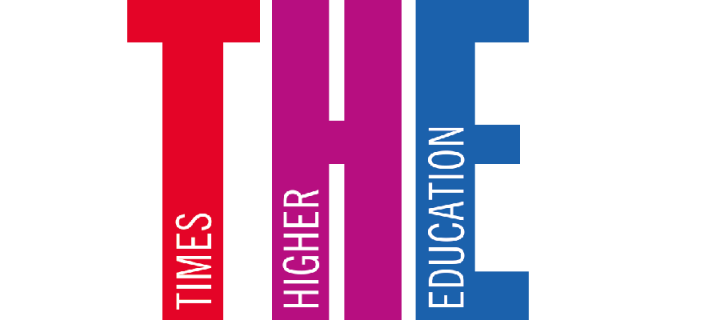Middle Eastern studies in the UK is at a “critical moment” as a period of relative stability offers a chance to refashion the discipline away from solely focusing on conflict, according to a leading scholar.
Lina Khatib, the new director of the recently launched SOAS Middle East Institute – a successor to the former London Middle East Institute, which closed in 2019 – warned that the current context could also see the region “relegated to a lower status” in the UK’s foreign policy priorities, with a knock-on effect on academia.
In the last decade, the world has closely followed the rise of ISIS and violence spreading across Iraq and its neighbours, as well as developments in the Israel-Palestine conflict and the aftermath of the Arab Spring. But Dr Khatib said things had slowed down in recent years, which changed the political priorities that influenced what the UK decided to invest in.
“We are at a critical moment right now, especially in the UK,” she added. “The Middle East has historically been seen as a region of conflict and crisis, and policy in general towards the Middle East has tended to be coloured by this approach. This means that when the Middle East goes through periods of relative lack of direct violence, as it is today, it makes it less important for policymakers in the UK.”


